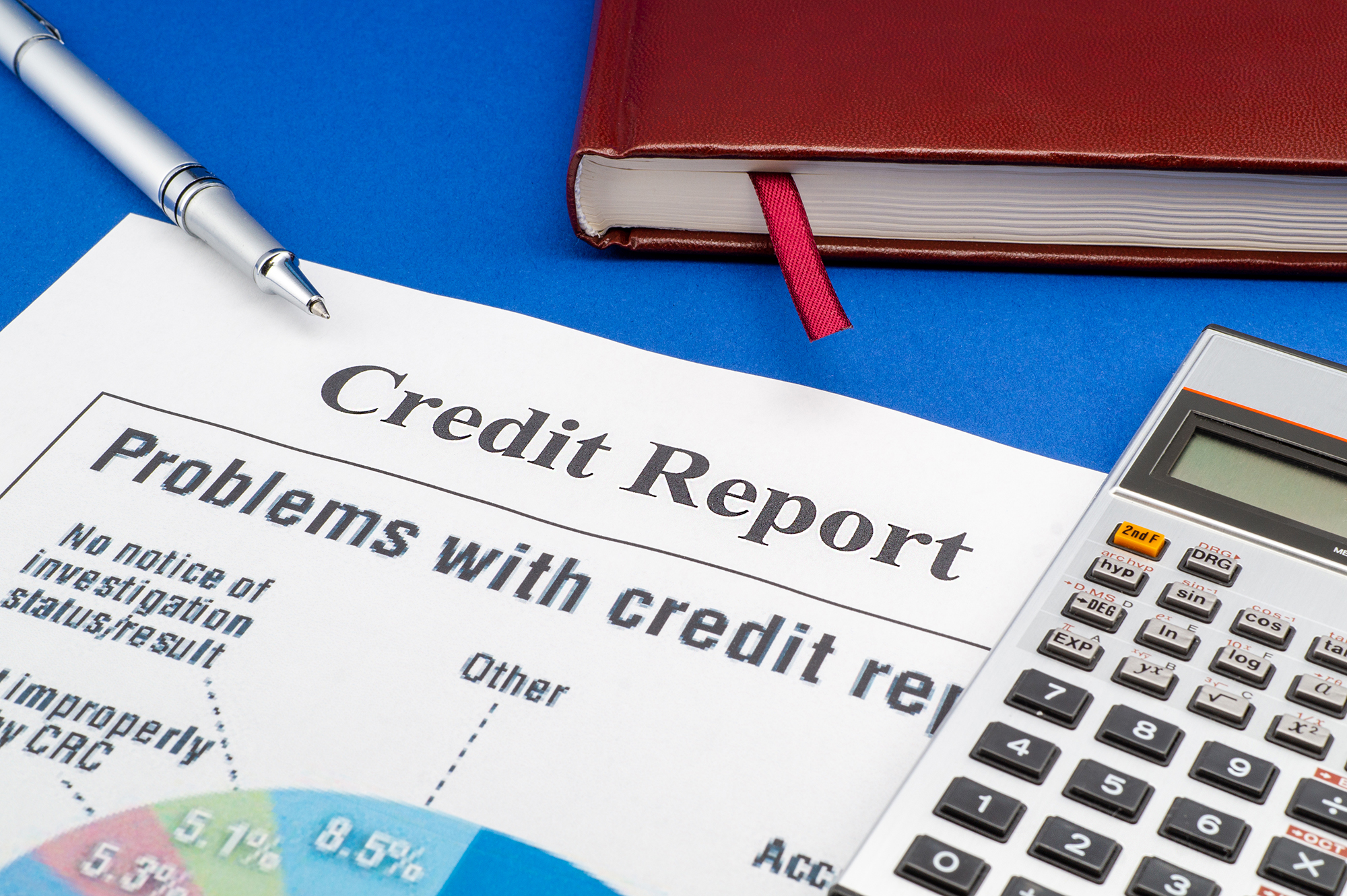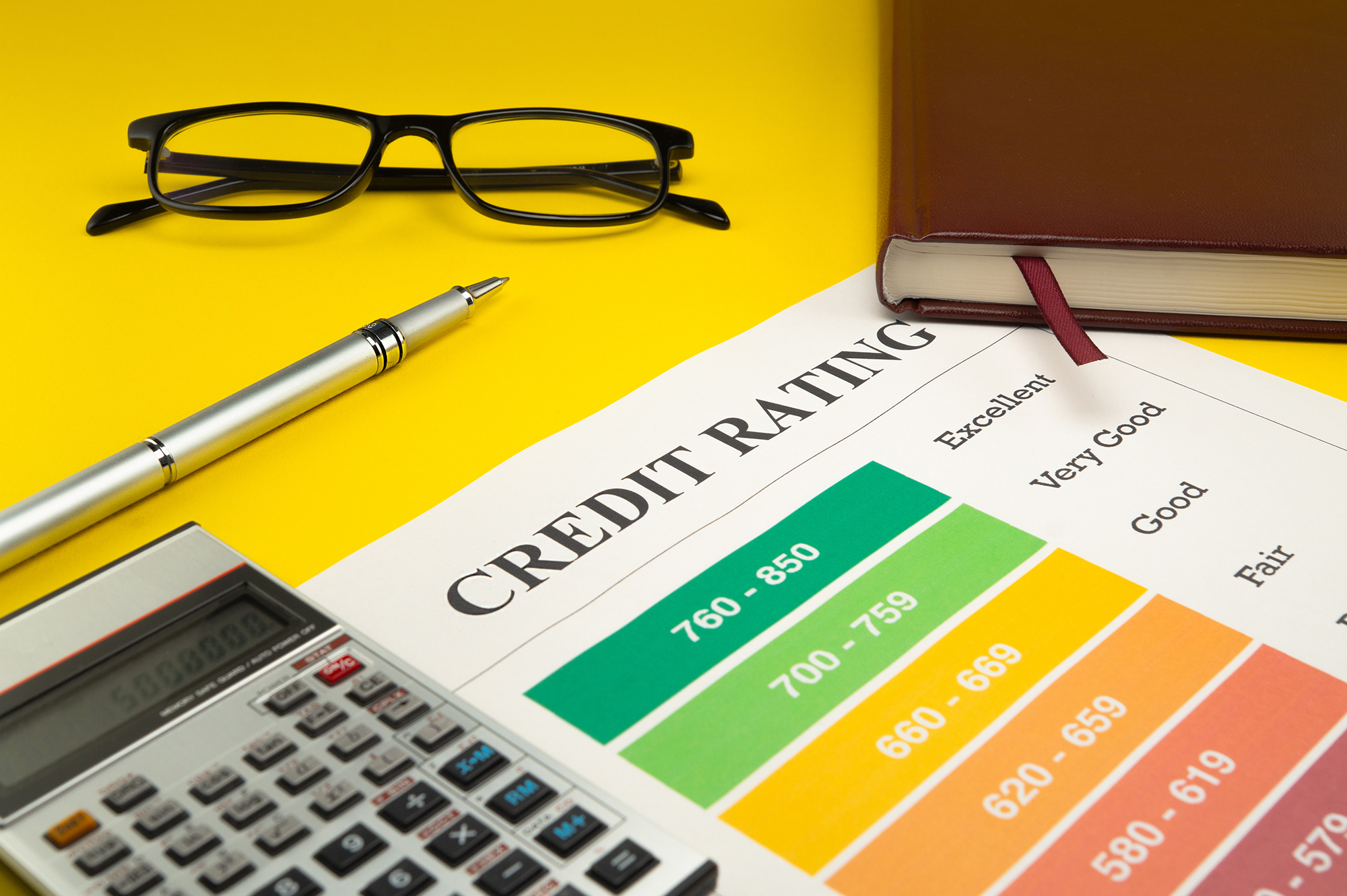
Types of Errors to Look For
When you obtain your credit reports, scrutinize them for any inconsistencies or inaccuracies. Some common errors that can appear on credit reports include:
- Incorrect account statuses, such as a wrongfully reported late payment.
- Accounts that don’t belong to you, perhaps due to identity theft or clerical errors.
- Incorrect credit limits or amounts owed.
- Old debts that should have been removed from the report, such as debts older than seven years.
Steps to Dispute Errors
- Contact the Credit Bureau: The first step in disputing an error is to notify the credit bureau that issued the report. This is usually done by sending a formal dispute letter. In the letter, clearly identify each error, explain why it’s incorrect, and request a correction.
- Provide Supporting Documentation: Include any proof you have that supports your dispute, such as bank statements, payment records, or correspondence from the creditor.
- Follow-Up: Credit bureaus generally have 30 to 45 days to investigate your dispute. It’s crucial to follow up to ensure that corrections are made.
- Contact the Creditor: In addition to contacting the credit bureau, also notify the creditor who reported the inaccurate information. They are obligated to correct the information at the bureau level if it is indeed inaccurate.
The Potential Impact on Your Score
Correcting errors on your credit report can lead to a noticeable improvement in your credit score, sometimes in as little as one or two months. Even a few extra points could be the difference between getting approved for a loan or receiving a lower interest rate, so the impact shouldn’t be underestimated.
Keep Monitoring Regularly
While it’s crucial to review your credit reports when you’re actively trying to improve your score, don’t make it a one-time event. Regular monitoring can alert you to any issues before they become significant problems, and you’ll also be able to see the positive impact of your efforts to improve your credit score.
By identifying and rectifying errors and discrepancies, you can remove any unwarranted blemishes on your credit history. This is often the fastest way to improve your credit score, setting the stage for more substantial, long-term financial benefits.








